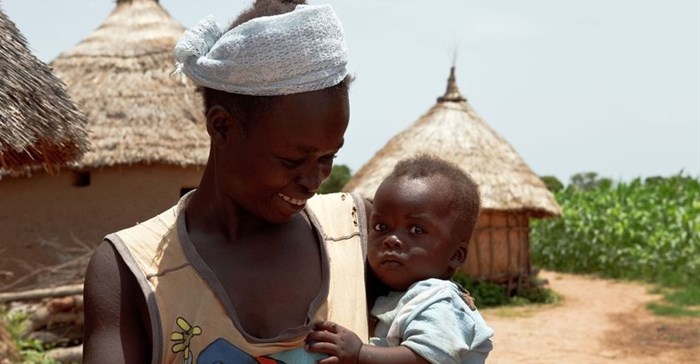Through the Merck More than A Mother initiative, women leaders, parliamentarians, action groups, ministers of gender, healthcare providers and media were invited to define interventions to raise awareness about infertility prevention and management.
Building fertility care capacity
They sought to build fertility care capacity, support government to improve access to regulated, safe and effective fertility care, decrease the social suffering and stigmatisation of infertile women and fertility at large in order to achieve any systemic shift in the current culture of gender discrimination in the context of fertility care in African societies.
During the event, they announced the start of a new initiative as part of Merck More than a Mother called Empowering Berna.
The stigma of infertility
Berna Amullen is a Ugandan woman who suffered infertility as a result of an untreated sexually transmitted disease. She was diagnosed too late to be given proper treatment and she lost the hope of being a mother.
In her video, Berna shares her devastating story of mistreatment, discrimination and violence by her husband, family and community due to her infertility condition. She speaks about her attempt to commit suicide and how she was saved at the last moment.
“There are many cases like Berna’s out there and we cannot just leave them to suffer alone without any hope of a happy and independent life. We all have to believe that women are more than mothers.”
“Therefore Empowering Berna initiative will aim to empower underprivileged infertile women who can no longer be treated. The initiative will help them to establish their own small business and build their own independent lives,” Rasha Kelej, chief social officer of Merck Healthcare emphasises.
Empowering affected women
“It is very important to empower infertile women by providing treatment so they can bear children as part of their human rights. In case they can no longer be treated, we are in partnership with Merck to empower and train them to establish their own small business so that they can be independent and re-build their own lives, a woman is more than a mother, Empowering Berna initiative will prove this every day,” mentions Dr Amani Asfour, president of African Alliances for Women Empowerment (AFRAWE).
“We will partner with Merck More than a Mother campaign to empower infertile women socially and economically through changing of mindsets and negative cultural aspects, elimination of violence against women and improving access to healthcare information and education,” Julia Duncan-Cassell, Liberia minister of gender, says.
While Malawi minister of gender, children, disability and social welfare, Patricia Anne Kaliati says, “We should partner with other ministers in health, education and economy to change our policies and regulation to empower our women by improving their access to information, knowledge and through capacity building to start their own business. Thus, they will be independent and able to contribute to our local and global economy. This is the only way they can comprehend their rights, roles and responsibilities and be more than mothers.”































